Enduring Heartbreak: The Painful Journey of a Great Actress After Losing Her Husband
Maggie Smith, the iconic British actress, has dedicated her entire life to the world of show business. Her journey began on the theatrical stage, where she quickly rose to stardom, showcasing her remarkable talent in a variety of classics that resonated with both older and younger audiences alike.
Even at the age of 88, Maggie Smith continues to grace the screen with her presence, proving that her passion for acting knows no bounds. However, amidst her illustrious career, the esteemed actress has faced her share of challenges, particularly the heart-wrenching loss of her beloved husband, Beverley Cross, in 1998.
Prior to meeting Cross, Maggie Smith had already experienced marriage once before. Yet, it was her union with Cross that unfolded into a magnificent love story. Together, they navigated through the adversities that life presented, allowing the brilliance of their romance to shine through. This is a glimpse into the remarkable life of Maggie Smith.
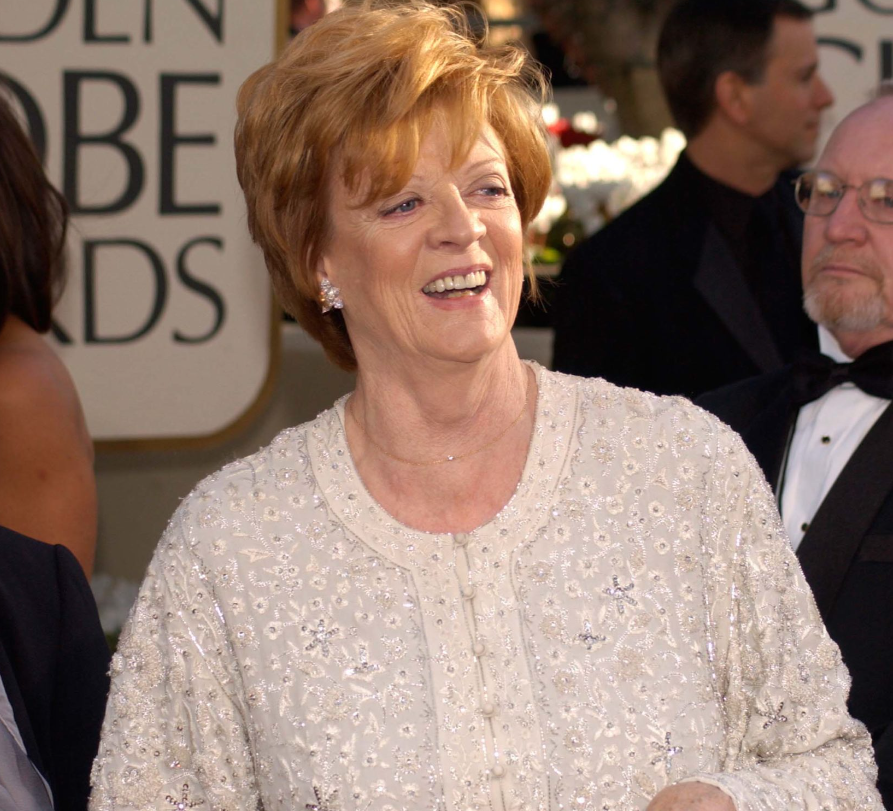
Maggie Smith, the legendary actress, has left an indelible mark on the world of entertainment. While the younger generation may recognize her as Professor Minerva McGonagall in the Harry Potter films, others appreciate her brilliance in the acclaimed series “Downton Abbey,” where she portrays Violet Crawley, Dowager Countess of Grantham.
Reflecting on Maggie Smith’s career unveils an extraordinary journey that spans back to her teenage years. Throughout the years, she has collaborated with luminaries such as director Ingmar Bergman, earned Academy Awards, and graced the screen with her talent in legendary films and shows.
Despite her monumental success, Maggie Smith has maintained a relatively private life outside the spotlight. Her professional career, however, reveals a versatile and accomplished actress who has garnered admiration from colleagues both on and off the set.
Delving into how Maggie Smith reached her current status and exploring her experiences on iconic projects like Harry Potter and Downton Abbey provides insight into the multifaceted career of Dame Maggie Smith. Additionally, a glimpse into her present residence offers a closer look at the place she calls home today.
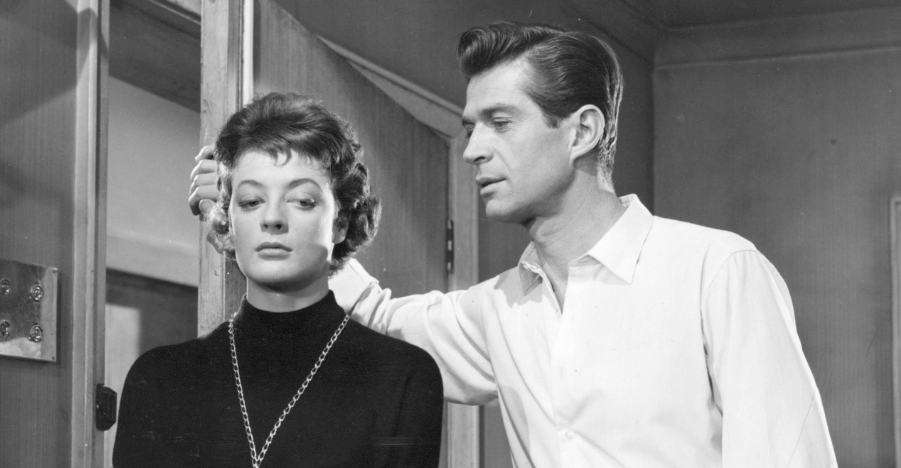
Born on December 28, 1934, in Ilford, England, Maggie Smith’s early life was marked by a move to Oxford at the age of four, where her father secured a job at the University.
Maggie Smith displayed an early aptitude for acting, and after graduating from high school, she attended the Oxford Playhouse School in 1951 for two years. Despite leaving before completing her course, she had already made her professional stage debut during this period. Reflecting on her early interest in acting, Smith mentioned, “Honest to God, I have no idea where the urge came from.” Her teacher, Dorothy Bartholomew, played a crucial role in encouraging her passion.
In 1952, Maggie Smith portrayed Viola in the Oxford University Dramatics Society’s production of Shakespeare’s Twelfth Night. Even in her first professional job, her exceptional talent for acting was evident. She quickly transitioned to more prominent stages, securing her first Broadway role in New Faces of 1956 and making her television debut the same year in an uncredited role in “Child in the House.”
As the 1960s unfolded, Maggie Smith’s reputation as an extraordinary actress in both television and film solidified, setting the stage for her illustrious career.
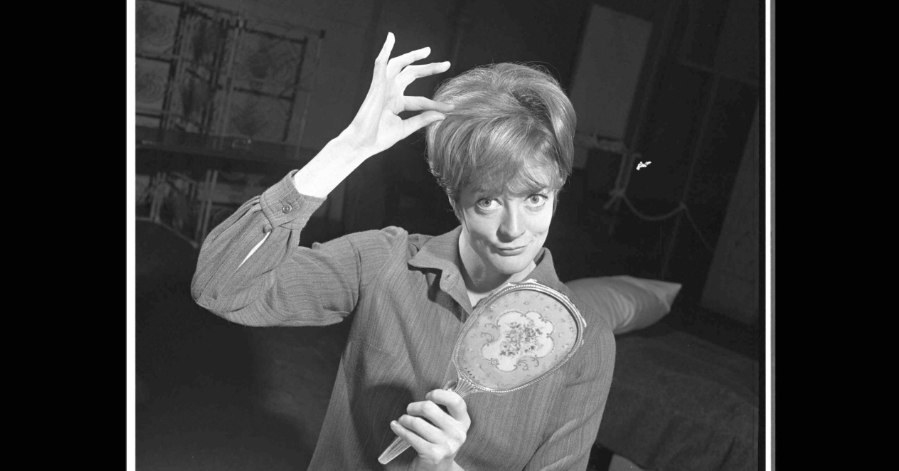
Maggie Smith became a founding member of Laurence Olivier’s National Theatre of Great Britain in 1963, marking a significant point in her career. However, looking back, she emphasizes that nothing in her career was planned, stating, “It’s what turns up, quite honestly. When I started out, I didn’t have any of this [film and television roles] in mind. Not a scrap of it. I just thought it was going to be all theatre and wonderful.”
In 1965, Smith starred alongside Laurence Olivier in the film adaptation of Othello, earning her first Academy Award nomination.
Throughout the 1960s, Maggie Smith established herself as one of the top actors in show business. She continued her work with the National Theatre of Great Britain, featuring in several major productions. In 1970, she collaborated with legendary director Ingmar Bergman, starring in his production of Hedda Gabler at the Cambridge Theatre.
On a personal level, the British actress also built a family. In 1967, Smith married her first husband, actor Robert Stephens. They had two sons, Toby Stephens and Chris Larkin. While Toby retained his last name, Chris changed his to Larkin to avoid potential career hindrances from his parents’ fame.
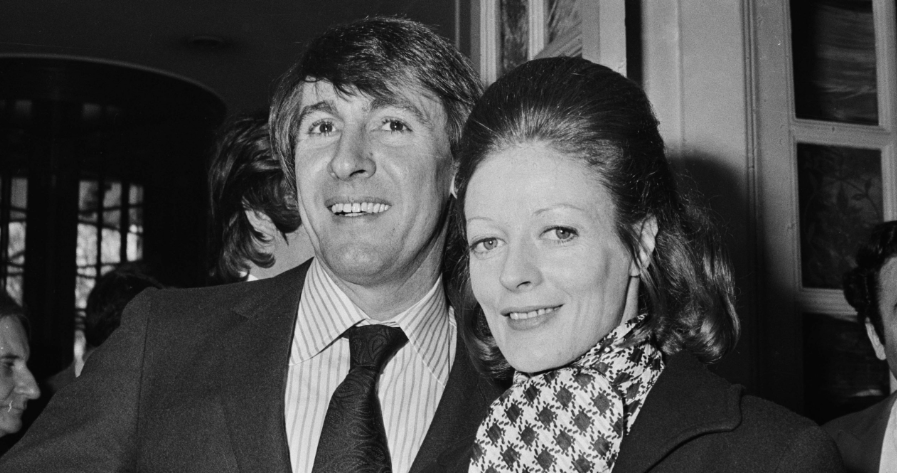
In 1969, Maggie Smith won her first Academy Award for Best Actress in a Leading Role for her performance as a schoolteacher in “The Prime of Miss Jean Brodie.” Nine years later, she secured her second Oscar for Best Actress in a Supporting Role for her part in “California Suite.”
While from an outsider’s perspective, Maggie Smith’s life seemed perfect with a successful career and a family, the reality was challenging on a personal level. Her then-husband, Robert Stephens, struggled with mental health issues, and in 1970, he attempted suicide. This incident marked a difficult period for Smith, with Stephens facing mental health challenges, infidelity, and destructive behavior.
She reflected on this turbulent time in an interview with The Guardian, noting, “And after that, it was just hopeless. We had two little boys. He didn’t understand. I sure as hell didn’t understand. It got worse, and then it went on getting worse and worse. In the end, it was destroying everybody… And he was having so many affairs.” The diagnosis of hyper-mania, characterized by violent mood swings and indiscriminate sexual activity, further complicated their situation.
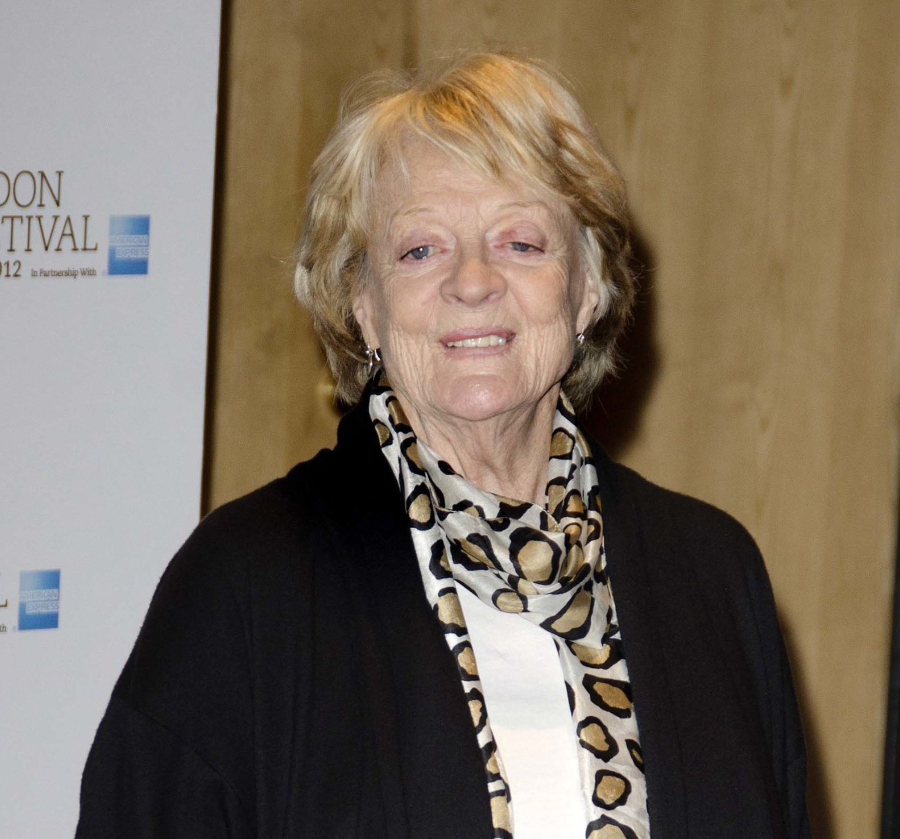
In 1973, Maggie Smith and Robert Stephens divorced. The decision to end their marriage was mutual, with Smith expressing, “I said ‘it can’t go on,’ and he said ‘no, it can’t.’ Honestly, I don’t think I could have mattered less to him by then. But by then, nothing mattered to him.”
Two years after her divorce from Stephens, Maggie Smith married playwright and screenwriter Beverley Cross in 1975. Interestingly, Smith and Cross had a brief history dating back to 1952 when they first met during a student revue in Oxford. Cross, who was married to Elizabeth Clunies-Ross at the time, was captivated by the 18-year-old Maggie Smith. Their connection led to an affair and, ultimately, the divorce of Cross and Clunies-Ross. However, Smith went on to marry Robert Stephens. It wasn’t until decades later that Smith and Cross reconnected and married in 1975.
Beverley Cross continued to thrive in the entertainment industry as a successful writer, contributing to both theater and musical comedy productions. Despite Smith and Cross’s initial love story being interrupted by other marriages, they eventually had their chance at love and tied the knot in 1975.
Maggie Smith and Beverley Cross remained married for 23 years until Cross’s passing in 1998 at the age of 66. The cause of death was initially undisclosed, but reports indicated that Cross had recently received treatment for a series of aneurysms. His sudden death was a profound tragedy for Smith, leaving her devastated and feeling that life had become “pointless.”
In the aftermath of Cross’s passing, Maggie Smith continued her illustrious career, earning two more Academy Award nominations in 1985 for “A Room With a View” and in 2001 for “Gosford Park.” Her fame reached new heights with younger audiences when she took on the role of Professor Minerva McGonagall in the 2001 film “Harry Potter and the Philosopher’s Stone,” alongside young actors Daniel Radcliffe, Rupert Grint, and Emma Watson. This role introduced Smith to a global audience and solidified her status as a beloved figure in popular culture.
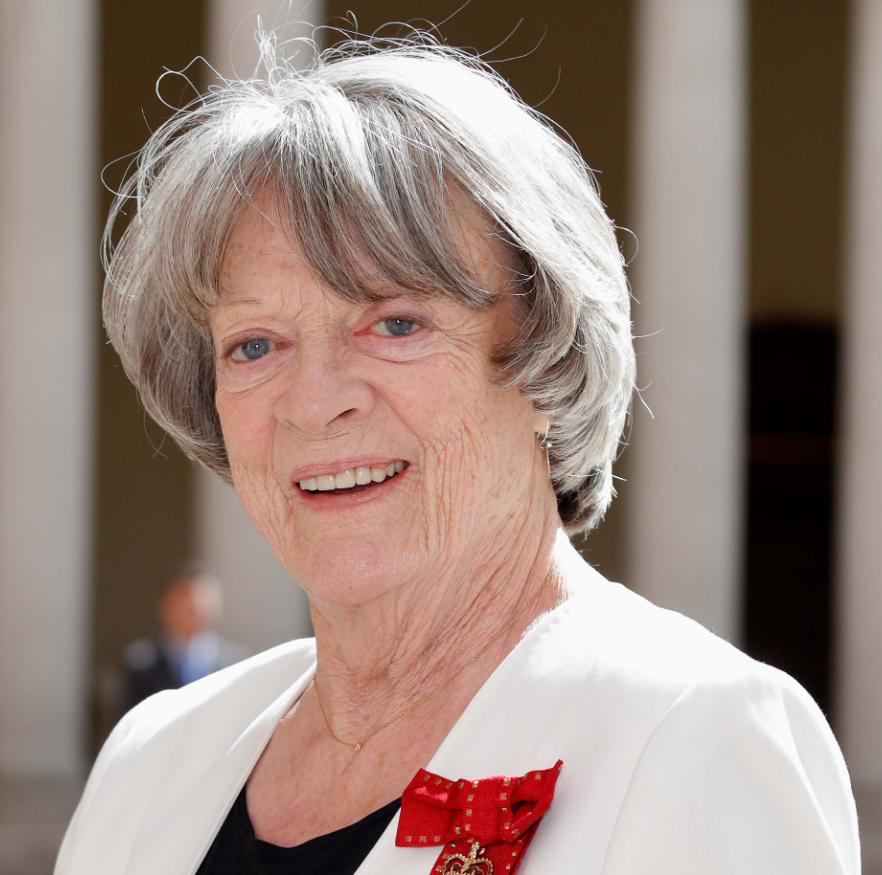
Maggie Smith, alongside the late Alan Rickman, portrayed Professor Minerva McGonagall in the Harry Potter film series. Reflecting on her role, Smith shared with Evening Standard that she didn’t feel she was truly acting, particularly because they focused on reaction shots rather than traditional acting. She expressed gratitude for her work in the Harry Potter films and Downton Abbey but acknowledged a sense of dissatisfaction.
Despite her feelings about the role, Maggie Smith appeared in six of the seven Harry Potter films and received several award nominations alongside her cast. Following the conclusion of the Harry Potter series, Smith went on to star in another highly successful project.
In 2010, Smith joined the cast of the television series Downton Abbey, portraying Violet Crawley, Dowager Countess of Grantham. She featured in 52 episodes of the acclaimed series, which won 15 Emmy Awards during its run from 2010 to 2015. Smith also appeared in the 2019 film continuation of Downton Abbey, and there are plans for her to reprise her role in the sequel scheduled for release.
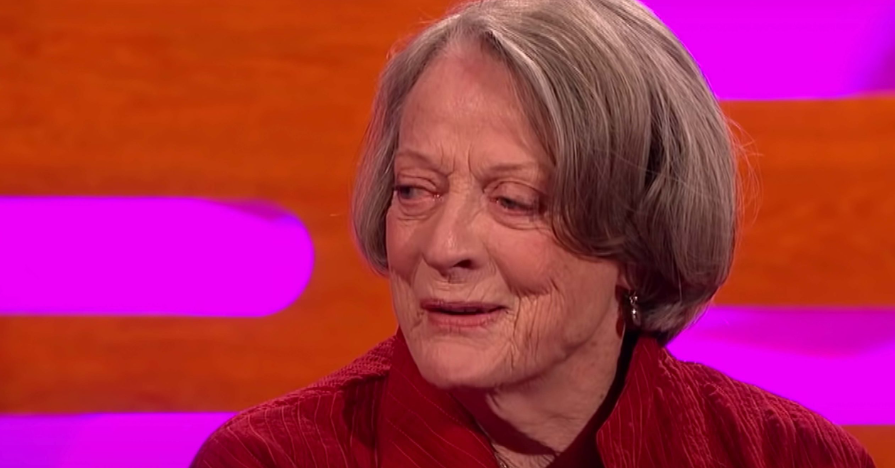
Maggie Smith initially had reservations about appearing in a Downton Abbey film due to the age of her character, Violet Crawley. She humorously suggested that the film might begin with her character’s funeral. However, she did ultimately participate in the Downton Abbey film, gaining even more recognition for her performance.
Despite the success and acclaim brought by Downton Abbey, Smith shared that it changed her life quite drastically. She expressed a loss of the ability to lead a somewhat normal life, as the show’s popularity limited her freedom to go to places and do things she enjoyed without constant attention. While she finds it flattering, she also considers it awful.
Interestingly, Maggie Smith, despite being a celebrated actress, has admitted to hating to watch herself on screen. She explained that the experience makes her feel helpless once the content has aired, causing a sense of terror.
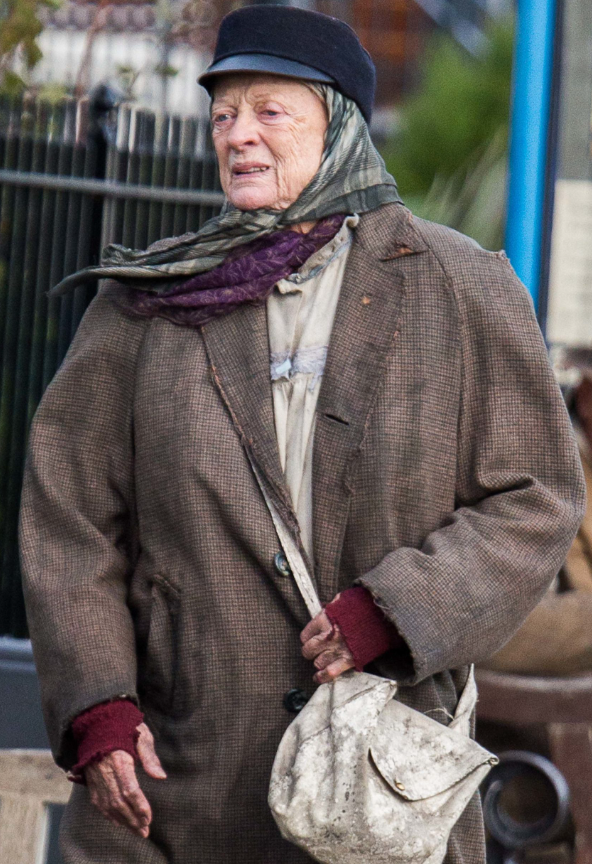
Maggie Smith has spent her entire adult life in show business and has become a legendary actress. She holds the title of “Dame” after being made a Dame Commander of the Order of the British Empire in 1990, and she was named a Companion of Honour (CH) in 2014. Despite having a net worth of around $20 million, according to Celebrity Net Worth, Smith is known for her modest lifestyle.
Regarding her attitude towards watching herself on screen, Smith admitted to being highly critical and not getting used to it over time. She expressed that she cares deeply about her work, leading to constant self-evaluation and a desire to improve. While she acknowledges being too hard on herself, she attributes it to caring and worrying too much.
Maggie Smith’s critical self-evaluation extends to her performances in film and television. In the theatre, she feels more flexibility to make adjustments and improvements, but the permanence of cinema adds an element of vulnerability. Despite her illustrious career and accolades, Smith remains true to her critical nature, expressing a desire to be more relaxed but acknowledging that change may not come after all this time.
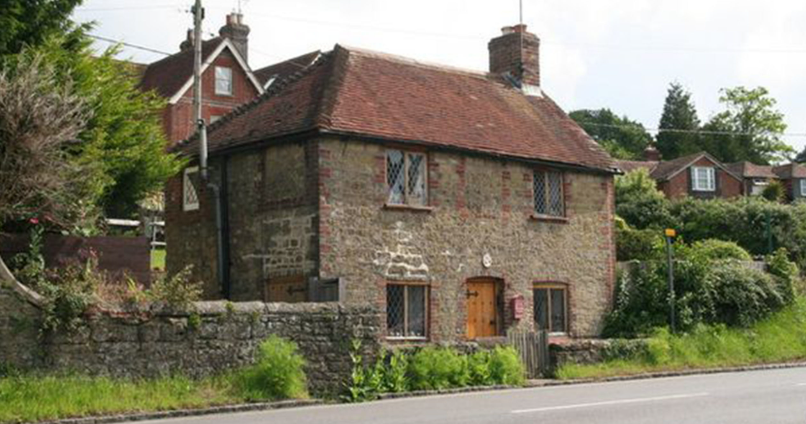
Maggie Smith resides in the small village of Pulborough in West Sussex, England, according to various reports in British newspapers. Pulborough is approximately 58 miles south of London. Her home is described as a “picturesque 15th-century red brick home,” which she purchased with her late husband Beverley Cross in 1981. The house is situated in the beautiful countryside, and it is said to be the place where she raised her two sons.
Pulborough is surrounded by some of the most splendid countryside in Sussex, located along the River Arun. The rural village provides a tranquil setting and is known for its picturesque charm. While Maggie Smith is private about her residence, fans have not seen any pictures of her home. Nevertheless, the village of Pulborough itself is known for its scenic beauty, contributing to the peaceful and idyllic surroundings in which the legendary actress lives.
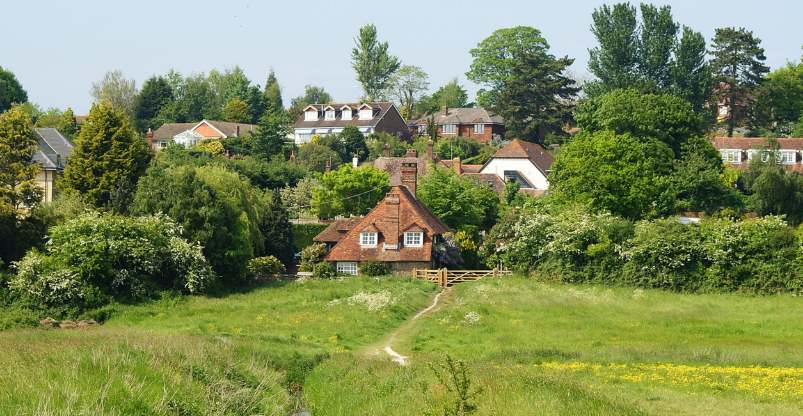
Maggie Smith is a remarkable actress with a long and impressive career. Her contributions to film, television, and theatre have left an indelible mark on the world of entertainment. Wishing her continued success and happiness in all her future endeavors. Feel free to share this article with friends and family to celebrate the legendary Maggie Smith!




